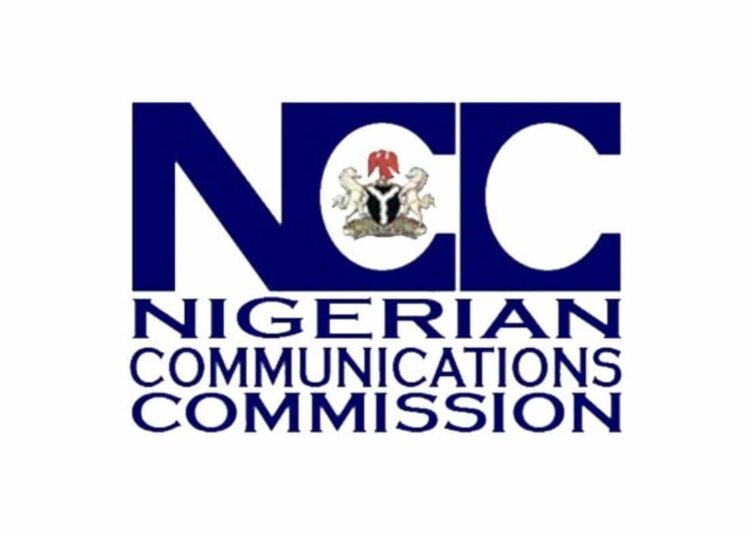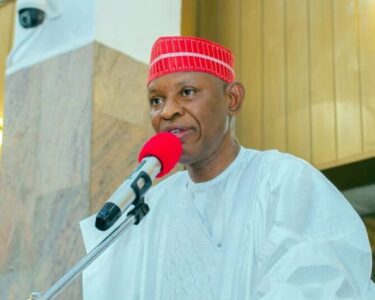The Nigerian Communications Commission (NCC) is taking strong action to address the rising problem of unpaid interconnect debts in the telecom industry. These debts arise when operators fail to settle charges for traffic terminated by other telecom companies, even after collecting payments from their customers.
To fix this, the NCC has decided to review its existing guidelines on how to disconnect operators who refuse to pay their debts.
The NCC’s aim is to make the process for disconnections more efficient and transparent, ensuring that companies pay what they owe and improving the overall business environment for operators. This is part of the NCC’s larger effort to create a more stable and fair market for both telecom providers and investors.
The decision comes after the NCC noticed that many telecom companies are failing to pay their interconnection bills, even though they receive revenue from their customers. Section 72(1) of the Nigerian Communications Act (NCA) allows the NCC to update or change its rules as needed to address new challenges in the sector.
To get input from all relevant parties, the NCC held a public meeting on May 22, 2024, where telecom companies, industry experts, and other stakeholders could voice their opinions. The meeting was attended by representatives from major telecom companies like MTN, Airtel, 9Mobile, ATC, and IHS.
During the meeting, the NCC’s Executive Commissioner for Stakeholder Management, Ms. Rimini Makama, emphasized that it’s important to update regulations as the telecom industry changes. She said that these guidelines will make the disconnection process clear, fair, and transparent, ensuring that telecom companies don’t avoid paying debts.
### Key Suggestions from Industry Stakeholders
- **Interconnection Fees and Security Deposits:**
One suggestion made by ATC Nigeria was to introduce a “caution deposit” system. They proposed that telecom companies should make an upfront payment to cover at least one month’s worth of services. This deposit would help ensure that companies pay their debts. They also suggested that the definition of interconnection be expanded to include services like infrastructure sharing, which is becoming more common in the industry.
- **Dispute Resolution Process:**
The guidelines also require that companies must settle any disputes over interconnection charges before they can ask for disconnection approval. MTN raised concerns about this requirement, saying that some companies could use the dispute resolution process to delay the disconnection and avoid paying their bills. They suggested that the NCC make it easier to disconnect defaulting operators without unnecessary delays.
- **Partial Disconnections:**
Another part of the guidelines discusses partial disconnections. The NCC proposed that if an operator is found to owe money, they could be disconnected from clearing houses or interconnect exchange services. However, 9Mobile disagreed with this, saying that a complete shutdown of services would hurt business operations and make it harder for the operator to pay its debts. They suggested allowing some services to continue so that the operator can still work on paying off its debts.
- **Call Data Records (CDRs):**
Airtel also made a suggestion regarding the exchange of Call Data Records (CDRs). The guidelines currently say that companies must exchange CDRs before asking for disconnection approval. Airtel recommended that this requirement only apply if there is a dispute about the charges. This would avoid unnecessary delays in the process.
Overall, the public meeting was a chance for telecom companies to share their thoughts on how the NCC can improve the process for managing interconnect debts. The feedback from the meeting will help shape the final guidelines, which the NCC hopes will lead to quicker resolutions and a healthier telecom industry in Nigeria.




